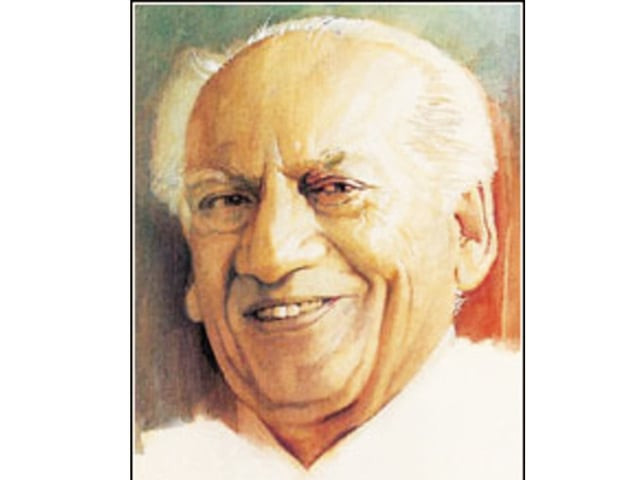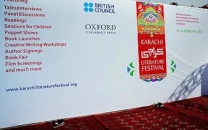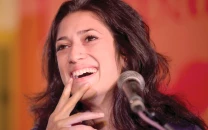Faiz: Looking beyond the revolutionary
Faiz’s contribution as a cultural critic is yet to be given attention

A file photo of Faiz Ahmed Faiz. PHOTO: FILE
While reading one of the most important books by Edward Said, Representations of the Intellectual, I came across a striking statement that defined the intellectual. “Someone who doesn’t accommodate,” it said. “But remains in the spirit of opposition, who finds the romance of intellectual life not in the ivory towers of academia but in the challenge to be found in dissent against the status quo, especially when the struggle on behalf of underrepresented and disadvantaged groups seems so unfairly weighted against them.”
As I read this comment once again, I tried to situate it within my own cultural memory — a habit one has to nurture as an ardent reader of foreign epistemologies — I placed it right next to the name of Faiz Ahmed Faiz.
After Ghalib and Iqbal, Faiz is probably the most well-known Urdu poet. Whether it’s part of a purely literary conversation among the literary-minded, a classroom discussion on forms of oppression and exile in Pakistan, or masterpieces of Pakistani music, Faiz’s poetry has become blended with Pakistan’s cultural discourse. It remains an interesting fact that even years after his death, his poetry is revived in various forms to respond to the intractable forms of oppression one is faced with in Pakistan today.
In Memoriam: Jaun Elia, the defeatist who won us over
Although much has been written on Faiz’s poetic gifts and revolutionary metaphors, his contributions as a cultural critic are yet to be given the attention they deserve.
Reading his essays, such as Culture and Identity, The Quest for Identity in Culture and Amir Khusraw, a Catalyst for Social Change, one finds some of the most enlightening dimensions of Faiz’s thought addressing the challenges of the present moment. For instance, his attempt to understand the question of identity and the self in the context of Pakistan emphasises the importance of a meaningful engagement with a past that goes beyond the national borders of what we know as Pakistan today. This aspect of Faiz’s ideology carefully distinguishes between what we interpret as local and national, which are not synonymous with each other as they are usually understood to be.
Faiz draws our attention to a pluralistic dimension of the Pakistani identity by engaging with and reclaiming the region’s South Asian past. Of particular interest here are contrasting representations of Muslim figures during the Delhi Sultanate. Let’s take Amir Khusrow and compare him with the historian Islamist ideologue Ziauddin Barani. The latter is a namesake of General Ziaul Haq — perhaps as pernicious as the military dictator in poisoning cultural sensibilities with regard to the ‘other’.
In memoriam: Of romance, resistance and lost medals
Extending such competing Muslim representations to the present one could easily situate Faiz with Khusrow, where the latter says: To worship true God without love was nothing but dust and ashes, And to die of love was far more virtuous than to kill an infidel in battle.
The discourse on Faiz needs to take a new turn, rather than being confined to a regurgitation of his revolutionary ideas in terms of his poetry. After all, ideas and emotions on their own seem of little relevance without transformative action that is intrinsic for the renewal of the self and the society at large.
The writer is an AIPS Fellow at the University of North Carolina and is currently translating Mirza Athar Baig’s collection of short stories, ‘Be Afsana’ in English
Published in The Express Tribune, November 15th, 2015.
Like Life & Style on Facebook, follow @ETLifeandStyle on Twitter for the latest in fashion, gossip and entertainment.



















COMMENTS
Comments are moderated and generally will be posted if they are on-topic and not abusive.
For more information, please see our Comments FAQ